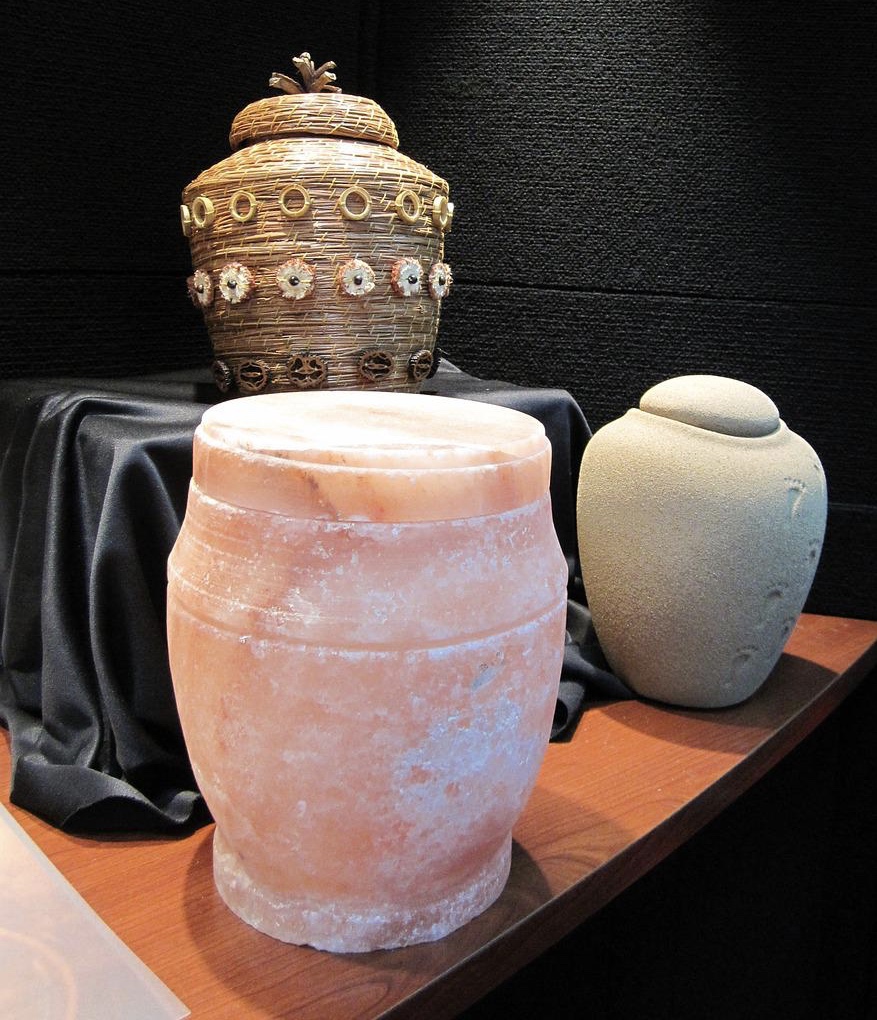
Cremation permanently destroys bodily evidence. There’s no body to exhume. There’s no bone or hair to test for DNA or poisons. That’s one reason a county coroner or medical examiner (C/ME) has to authorize all cremations in Pennsylvania.
The other reason? It’s the law. State statute 16 P.S. § 1218-B) requires “a death of an individual whose body is to be cremated, buried at sea or otherwise disposed of so as to be unavailable for examination thereafter” to be investigated by a coroner or medical examiner (C/ME).
What about Suspicious or Undetermined Deaths?
A controversy erupted in Louisiana in 2020 concerning coroner authorization of cremations for homicide victims. Louisiana state law at that time required coroners to DENY cremation for suspicious deaths or where a crime may have been committed – no exception. But a media investigation found that most parish coroners were nevertheless approving such cremations once their investigations were complete. Louisiana has since amended its law to clarify that coroners can permit cremation after completed investigations.
PA law does not address this topic. It states only that the purpose of a coroner’s investigation is to decide if an autopsy or inquest is needed to determine the cause or manner of death. There is no further mention of circumstances under which cremation should or should not be permitted. But is it prudent to cremate bodies where the manner of death is homicide, for example? And what about those cases where the manner of death couldn’t be determined?
Cremations are Increasing in Pennsylvania
The coroner’s review is more important than ever because most people in Pennsylvania are now cremated after they die. In 2021, it was 56.8% of all deaths. Ten years from now it’s estimated to be almost 73%. In Chester County, PA (population 534,413), the coroner authorized more than 3,000 cremations in 2020. You can look up your state’s statistics on the Cremation Association of North America’s website.
The Review Process: Death due to Natural Causes… or not?
What’s involved in the authorization process? For every cremation, a funeral home or crematory sends an authorization request to their county C/ME, usually electronically. It’s accompanied by a completed death certificate. The funeral home pays the C/ME office $50.00 for the process, a fee set by state law. PA has 5 manners of death – natural, homicide, suicide, accidental, and undetermined. The C/ME reviews the death certificate to make sure the listed cause of death was indeed natural -due to a natural disease process – and that it was signed by a legally-qualified certifier.
How often does this process identify a death that should be investigated or recertified? It’s almost impossible to know because no C/ME office in Pennsylvania posts that information. Few, if any, even track that statistic. From my personal knowledge of a couple of larger county offices in this state, it’s certainly less than 5% of submitted cremation requests. But a published study of medical examiner cases in Arizona found that only 0.8% of cremation requests ended up as medical examiner cases.
Red Flags for Cremations
Some examples of Red Flags on the death certificate:
- Subdural Hematoma
- Hip or Other Fractures
- Motor Vehicle Accident
- Pressure Ulcers
- Protein-Calorie Malnutrition
- Sudden Cardiovascular Death
- Alcohol (Use, Abuse, Dependence)
Most death certificates flagged for investigation result in a call to the certifying physician and/or a review of the decedent’s medical records. Rarely, the C/ME office will bring the body in for an autopsy, run toxicology tests, or perform x-rays. A new death certificate may or may not be required before the cremation can be authorized.
Changing the Death Certificate
Occasionally a coroner may even change the manner of death from natural to homicide. For example, A teen paralyzed in a shooting may survive for many years but eventually succumb to an infection caused by their debilitated condition. The death certificate may state the cause of death as pneumonia or sepsis. But an alert coroner may wonder why a 32 year-old is dying of pneumonia in a nursing home and flag the case. When they examine the medical record, they may change the underlying cause of death to gunshot wound. The manner of death? It’s now a homicide, not a natural death.
Accurate Death Certificates Matter
The cremation authorization process is not foolproof. Physicians can and do put inaccurate causes of death on death certificates, especially for elderly patients. No one will detect or correct this as long as there are no Red Flags and families don’t complain. Careless and inaccurate death certificates have an impact on public health and safety. They should be as unacceptable as careless and inaccurate medical diagnoses during life.